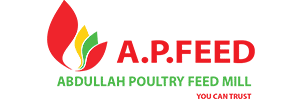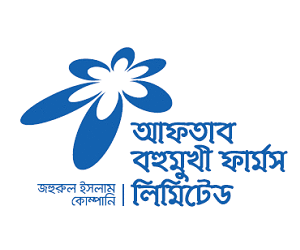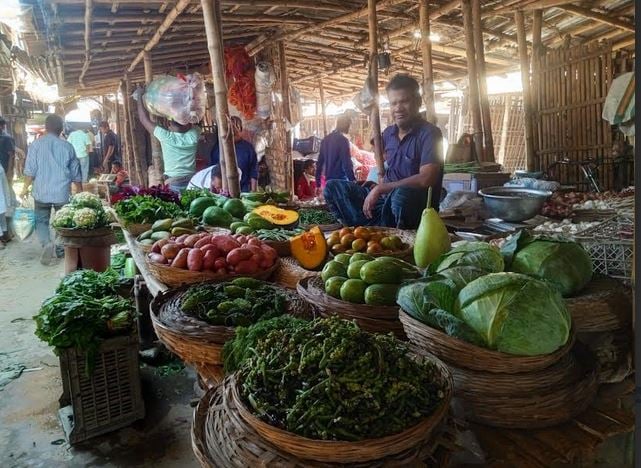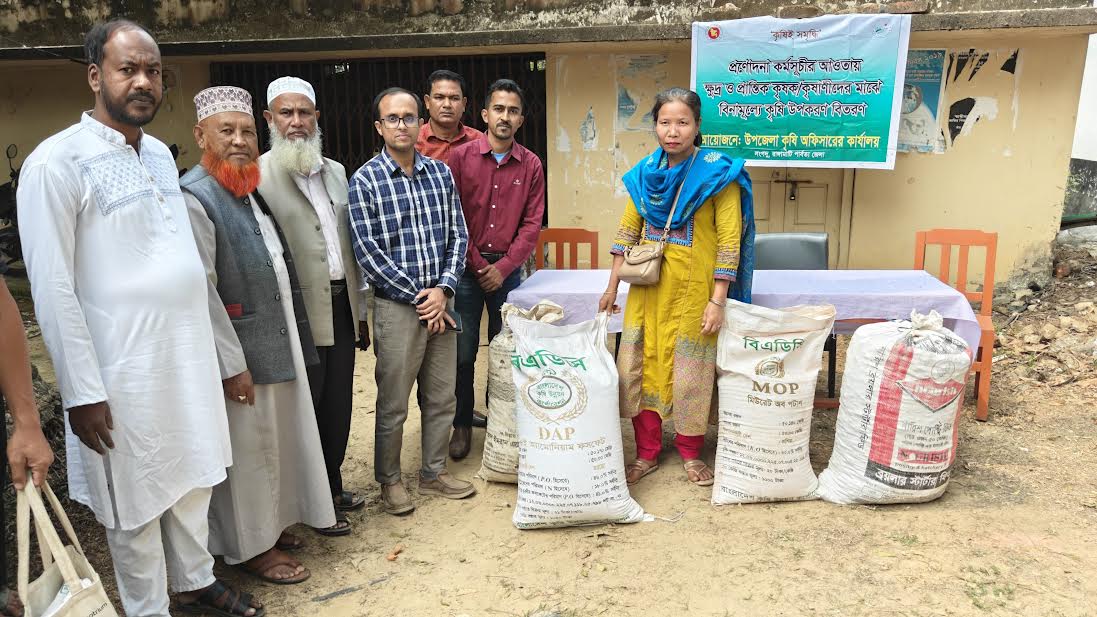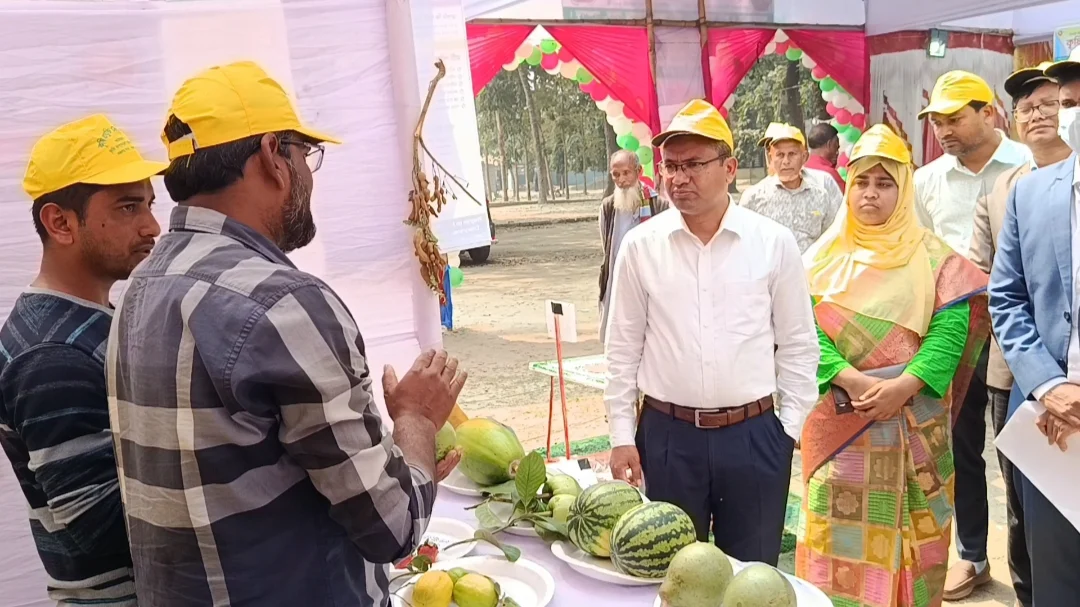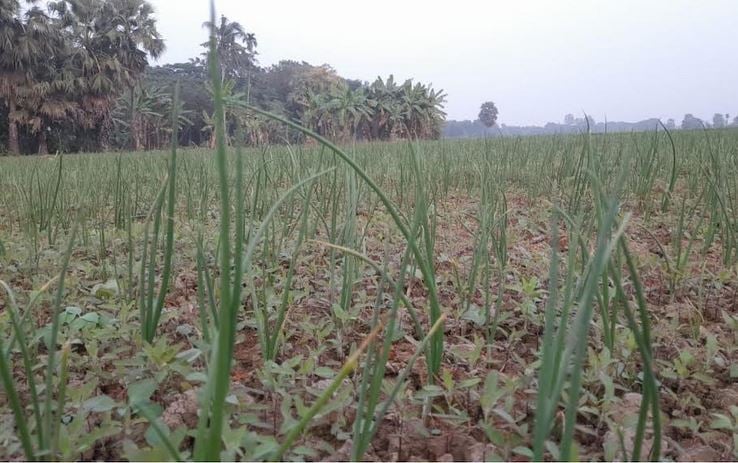Buffalo farming constraints: focused on International Buffalo Workshop 2024 in Bangladesh
প্রাণিসম্পদ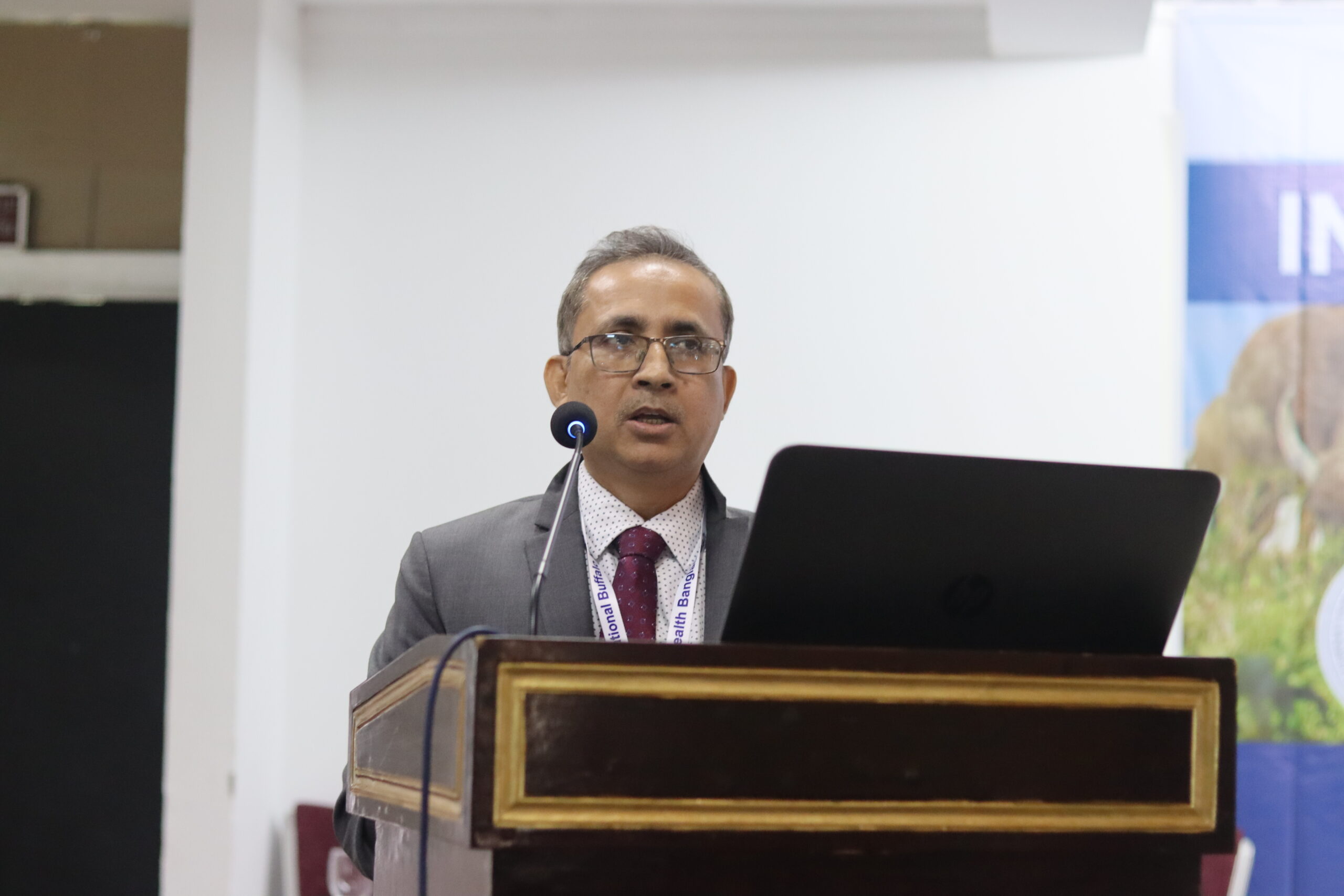
Udder Health Bangladesh (UHB) hosted the International Buffalo Workshop Bangladesh 2024, a four-day event held from 2nd to 5th March at BCDM, Saver, Dhaka, Bangladesh. The workshop focused on the theme of sustainable water buffalo farming in Bangladesh to address the challenges posed by climate change. The event witnessed active participation from numerous experts from both domestic and international spheres.
While many Southeast Asian countries have well-developed buffalo production systems, Bangladesh lags behind significantly in terms of buffalo production. To source out the causes working behind limiting buffalo production and to mitigate the effects of climate change on dairy production through a sustainable water buffalo dairy chain in Bangladesh, this collaborated project was launched in 2019. This project was funded by Swedish Research Council and run by partner organizations including Swedish Veterinary Agency (SVA) and Swedish University of Agricultural Sciences (SLU), Sweden; Utrecht University (UU) and Wageningen University and Research (WUR), The Netherlands; University of Milano (UNIMI) and National Reference Center on water buffalo farming and production hygiene and technologies (CReNBuf) of IstitutoZooprofilatticoSperimentale del Mezzogiorno, Italy; Sylhet Agricultural University (SAU) and Chattogram Veterinary and Animal Sciences University (CVASU), Bangladesh. As the project ending ceremony, this workshop was organized to share field study findings on buffalo milk chain constraintsand develop solutions in selected buffalo zones in Bangladesh, focusing on udder health, milk quality.
The inauguration session was graced by Dr. Md. Reajul Huq, the esteemed Director General of Livestock Services, Bangladesh, as the chief guest, alongside Prof. Md. Ahasanul Hoque, CVASU serving as the chairperson. Prof. M. Golam Shahi Alam, former Vice-Chancellor of SAU and member of Bangladesh Accreditation Council, graced the occasion as the distinguished guest of honor. The program featured distinguished special guests including Dr. S.M Jahangir Hossain, the Director General of Bangladesh Livestock Research Institute, Prof. Dr. Nitish C. Debnath, an esteemed Associate Fellow of Chatham House Global Health, Prof. Omar Faruque, serving as the President of the Bangladesh Buffalo Association, and Dr. Md. Habibur Rahman, National Technical Avdisor-One Health Training and Outreach at Food and Agriculture Organization (FAO) of United Nations.Dr. Ylva Persson, the project lead and State veterinarian, SVA, Sweden participated in the workshop remotely.
The program began with a welcoming address followed by a keynote presentation on the highlights of the Buffalo Project, delivered by Prof. Dr. Md. Mizanur Rahman, Coordinator ofBuffalo project, CVASU, emphasizing “Climate Change Mitigation through a Sustainable Water Buffalo Dairy Chain in Bangladesh.” The event then continued with the opening of the “Buffalo Management” website and the unveiling of the “Water Buffalo Manual”.
Several intellectual persons from different parts of the world came to enlighten the workshop. Among them,Prof. Abdul Samad, Ex-Dean, Faculty of Veterinary Science, Maharashtra Animal and Fishery Sciences University, India, Asst. Prof. Dr. S.Sivaraman, Veterinary College and Research Institute, andMr. Vishwas P Chitale, Chair of the company, Chitale Dairy and Buffalo Foundation, India,Dr. Nasim Ahmad, Professor Emeritus, University of Veterinary and Animal Sciences,Pakistan, Assoc. Prof. Dr. Subir Singh, Agriculture and Forestry University, Rampur, Nepal, andDr. SonevilayNampanya,FAO,Italy. Prof. Mohammed Shamsuddin, FAO Regional Office for Africa and Prof.Domenico Vecchio, Head, Dept. of Animal Science and Welfare, CReNBuf, Italyboth connected remotely to the workshop.The workshop brought together 117 participants from various sectors within the country, including academicians, researchers, veterinarians, animal production specialists, government and NGO officers, members of food safety authorities, and farmers.
The four-day workshop was structured featuring eight interactive sessions, eight group discussions, one round table talks with the policy makers, and one hands-on training session. Through these sessions, participants delved into the various challenges faced in buffalo farming in Bangladesh. They identified issues like climate-related issues in coastal areas, such as cyclones and rising salinity levels, which lead to a scarcity of feed and grazing land, ultimately impacting buffalo productivity.Moreover, the discussions shed light on the nexus between climate change and disease outbreaks among buffalo, particularly in regions where infrastructure is limited. This scenario often results in low productivity, inbreeding, and heightened calf mortality due to inadequate access to veterinary care.Amidst these challenges, participants brainstormed potential solutions e.g., government-led initiatives for climate-smart livestock production, advocacy campaigns to promote household buffalo farming among youth, genetic enhancements through crossbreeding to mitigate inbreeding risks, and the establishment of robust value chains for buffalo milk and meat products.
The workshop’s recommendation emphasizes the pivotal role of government support in bolstering the buffalo sector, leveraging the buffalo’s inherent adaptability to climate variability and resource-scarce conditions. It calls for policymakers to draft guidelines on antimicrobial use to combat antimicrobial resistance, thereby fostering a holistic One Health approach.Furthermore, the workshop underscores the necessity for enhanced research collaboration between national and international organizations. This collaboration, which includes the active involvement of graduate and postgraduate students, aims to address the existing constraints within buffalo production.Moving forward, the findings and recommendations of the workshop will be effectively disseminated to the policymakers through appropriate channels. This aims to facilitate the establishment of policy guidelines, thereby contributing not only for advancing livestock-led economic development but also for ensuring food security and food safety at the national level in Bangladesh.






